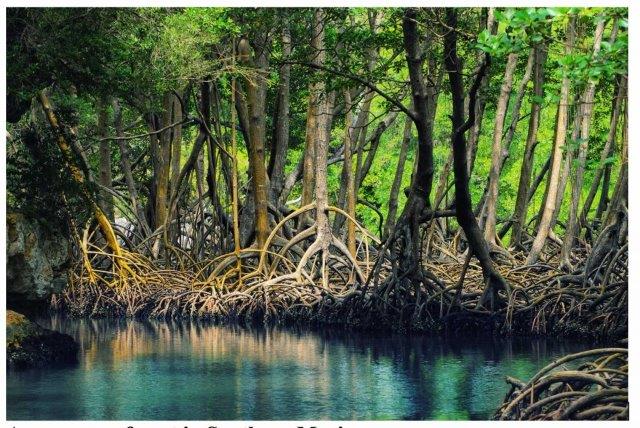Natural Capital – blue sky thinking?
A new concept in valuing environmental assets is gaining prominence.
The term `Natural Capital’ focuses on our `stock’ of waters, soil, air, species, minerals, geology and eco-systems and considers that they are all vital to economic prosperity, therefore attract a `value.’
Any assessment of Natural Capital includes hidden values in land, such as economic, social, environmental, cultural, recreational and spiritual; for instance, doctors are prescribing walking in the countryside as a tool in helping treat mental health issues.
A Natural Capital Committee convened by the government in 2011 found that our environment is in fundamental decline, putting our prosperity at risk; it must be protected to safeguard our economic growth.
The risks of not acting to support vulnerable areas include local, regional or global eco-system malfunction/collapse, loss of biodiversity and at the extreme end of the scale, flood, drought, population movements, loss of crops and starvation. Mitigation steps may include replanting forests, allowing aquifers to replenish following water abstraction, protecting rain forests and carbon sequestration.
Assessing Natural Capital may herald change for the planning system; the Natural Capital Committee recommended some form of net environmental gain for development, i.e. leaving the environment in a better state than it was found.
Changes to the system of environmental payments are also inevitable, with farm subsidies set to be replaced by environmental land management schemes with payments given for looking after land. Whilst the concept is `public payment for public good,’ the question is how to assess `public good’ and the challenge for land managers, landowners, valuers and lenders is how to express this value.
While valuing nature can seem a nebulous concept there have been studies to assess its value in monetary terms. For example, Mexico’s mangrove forests were found to provide $70 billion to the economy as they provide storm protection, support fisheries and attract eco-tourists.

As farm businesses contemplate major change following Brexit, Natural Capital is set to become increasingly relevant and the ability to identify it, value and protect it will be key. Regulation and a new legal structure may be required to provide a workable framework.
Contact one of our regional offices
Chester 01244 409660
Knutsford 01565 757970
Stafford 01785 220044